Psychology Myths
Disproving 10 Well-Known "Facts" About the Brain

Thanks to movies, social media, and poorly executed experiments, there are many rumors about psychology that hurt the field or those suffering from mental illness. Here are just a few myths you may have heard and why they are wrong.
We only use 10% of our brain.
100% of your brain is used. PET scans can be used to see metabolic processes of the brain. Thanks to technology like this, we can see that all parts of the brain are used at one point or another. So where did this rumor derive from? Possibly because psychologists do not know the exact function of every structure in the brain that contributes to this. Big blockbusters, like Lucy, have not helped in teaching the truth. Movies like this imply that, should a human use 100% of their brain, they will become superhuman. If you use 100% of your brain, this simply means you are alive.
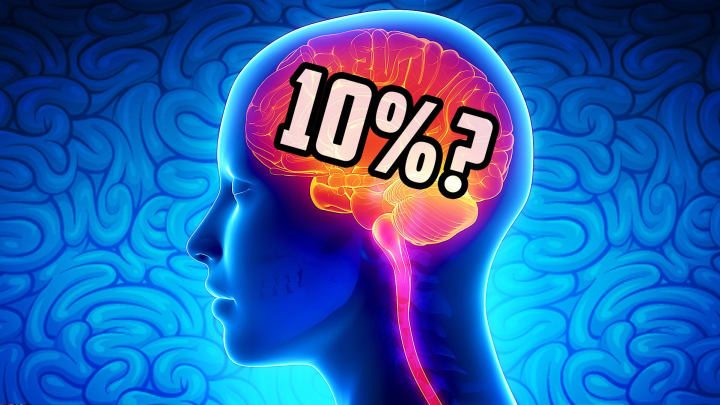
People sleepwalking are acting out their dreams and it's dangerous to wake them.
First off, people are not dreaming while they are sleepwalking. While you are sleeping, your mind goes through several sleep cycles. The stage you are in while dreaming is known as REM sleep. REM stands for rapid eye movement. This name comes from eye movements seen under the eyelids during dreaming. Many believe these eye movements are tracing what is happening in dreams. But here's the catch—your eyes are the only things that can move. You may be able to toss-and-turn during other stages of sleep, but during REM, you are completely paralyzed. This prevents you from acting out your dreams. As for the danger of waking a sleepwalker: it is often more dangerous to leave them asleep. There are occasional stories of people being injured or dying by sleepwalking into dangerous areas. Of course, you should wake them up carefully because, as is true with anyone sleeping, they may panic after having a bucket of cold water dumped on them.

Memory is recorded like a video.
Unfortunately, memory is not as accurate as one might think. Memories are often distorted, or pieces are forgotten. Your mind does not like having only part of the story, so it will often use reason to fill-in-the-blanks. This is why eye-witness testimonies are often unreliable. In a lineup, people often choose the wrong person as the criminal. They may remember certain details of the person, but are unlikely to completely memorize how someone they never knew before the incident looks. One detail, such as a big nose, may lead someone to pick an innocent person from a group that the real criminal isn't even in. Or maybe, the person was another witness at the scene of the crime and they were picked simply because they were recognizable. This is how a witness may convict the wrong person even if they honestly are trying to speak the truth. The truth is that few memories are completely accurate. Just think about it. Can you remember exactly how many stairs are in your house off the top of your head? It is possible, however, to have a short, accurate and detailed memory. Although rare, a special kind of memory called a "flashbulb memory" can occur. These memories are often of significant purpose to the person. More-often-than-not though, the mind fabricates details into vague memories to create the full picture.
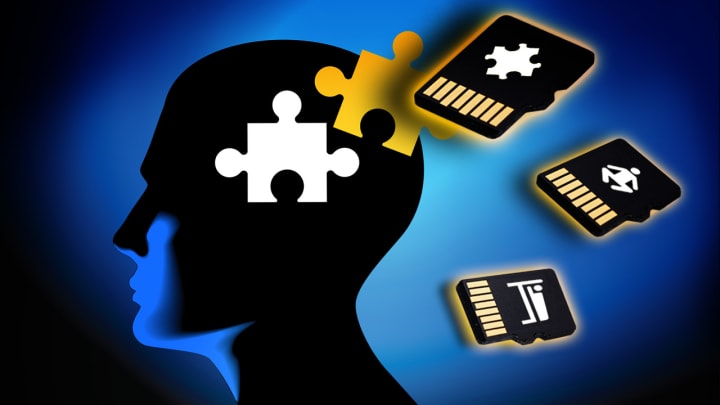
People with schizophrenia have multiple personalities.
Often times, schizophrenia is confused with dissociative personality disorder (more commonly known as multi-personality disorder). Although both disorders are marked by a break from reality, they are very different from each other. With schizophrenia, the patient is very much a single personality. They have all their memories and can control what they do. However, they suffer from hallucinations. These can be auditory or visual and may make the person paranoid and act unusual. With dissociative personality disorder, the patient is unable to recall certain memories, especially from childhood. They also blackout and are often unaware of what is happening when their other personalities are active. This means they are not always in charge of their actions. While schizophrenia appears to only be caused by hereditary factors, multi-personality appears to be correlated with environmental factors, such as childhood abuse.
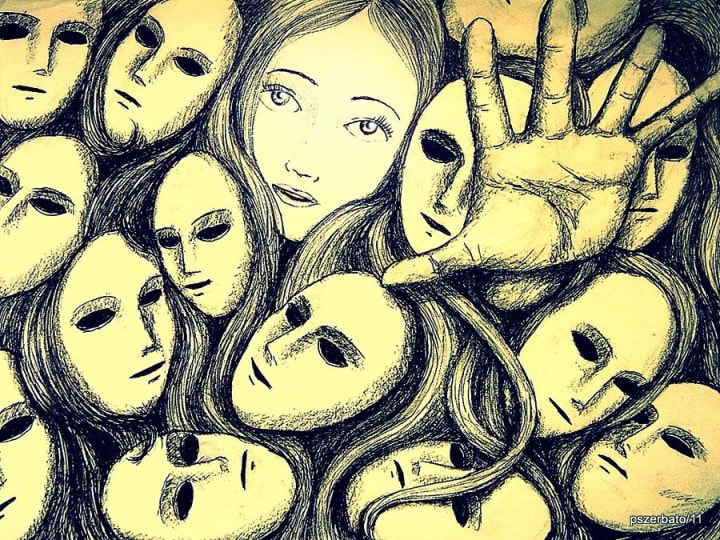
Many people with mental illnesses, especially schizophrenics, are dangerous.
We often hear news stories about a mass shooter who was suffering from depression or a suicide bomber diagnosed with schizophrenia. The truth is that 90% of people with mental illnesses do not become criminals. Mental illness effects everyone differently. While some may have minor disturbances in their lives, others will be unable to function independently. These cases we hear about are often extreme cases where the patient has lost all touch with reality. With proper treatment, most people with mental illness will live relatively normal lives.

Mental institutes are horrible places where people are treated like animals.
While there is some truth in cinema about the history of mental asylums, institutes have come a long way, like everything in the medical field. During the medieval times, people believed that others suffering from mental illness were possessed or cursed by witchcraft. Even as the knowledge of the brain advanced, patients where kept in asylums as outcasts from society. They were used for research, tortured, and kept in inhumane conditions. It wasn't until 1841 that people started recognizing the harsh conditions these people lived in. During the 1900's, laws were made to protect the rights and safety of those living in institutes. However harsh the conditions were then, hospitals nowadays are focused on treatment and hopeful release of those with mental illness. Individual and group therapy sessions are held daily, along with routines to help patients learn to function on their own. Many institutes went so far as to specialize in certain disorders to provide better treatment options. Psychology is a science still being explored and, therefore, still being improved upon.

Electric shock therapy is a form of torture and leaves people brain dead.
While electric shock therapy (also known as electroconvulsive therapy) used to be used as a form of punishment for misbehaving patients, it now is much safer and has a practical use. Although I personally would not subject myself to it or recommend it to patients, electric shock has been made much safer and there are way more safety precautions put in place since its original use. The therapy works by stimulating the brain and causing induced seizures. This takes place in a controlled environment with the patient restrained and sedated so they will not get injured. Multiple doctors oversee the procedure. Furthermore, patients have to agree and sign a consent form in order for the therapy to take place. Why would anyone agree to this? Electric shock therapy is used only in severe cases of depression in which no other treatment has worked. Although once used as punishment in the past, the technology is now helping those with little hope.
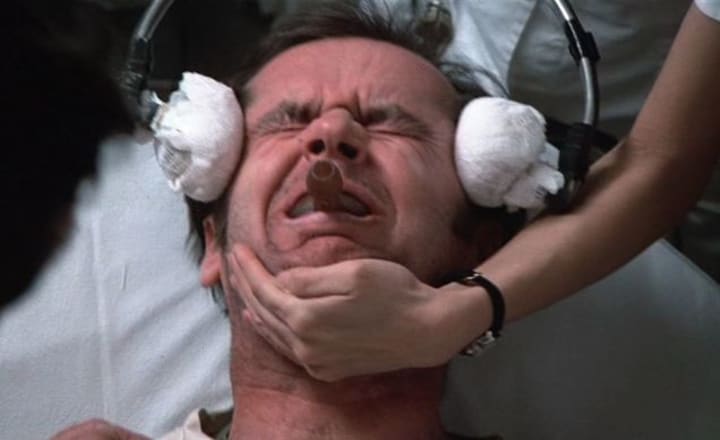
Polygraphs are an accurate way to determine if people are telling the truth.
The main problem with polygraphs is that everybody is different. Polygraphs work by measuring multiple bodily functions associated with lying, such as sweating, increased heart rate, and increased respiratory rate. While some people may have low heart rates, others may be naturally faster. Other factors, such as caffeine, may affect this too. Sometimes people are anxious for other reasons. Usually when people are asked to take a polygraph, it is for a serious case that they are involved in. It would be normal to be stressed and talking about certain topics may be more stress inducing than others.
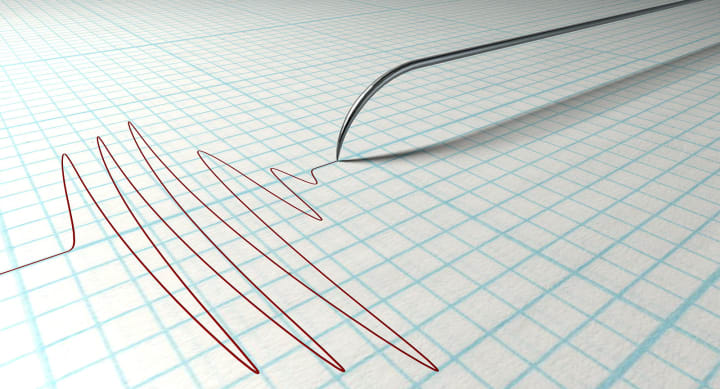
Those who had a traumatic childhood will have a mental disorder as an adult.
While those who suffered much trauma in their childhood are at a higher risk of developing a mental disorder, they do not always have one and they are not the only ones that do. The human mind is surprisingly resilient. Everyone is different, however. Some people can go through an entire childhood of abuse and not suffer many long-term affects. Others may have serious problems caused by a single horrific incident. Also, there are many disorders that are based on hereditary factors. Some, like schizophrenia, appear to only be hereditary; others, like depression, appear to be caused by a mix of environmental and hereditary factors. It is often hard to determine when or if a person will develop a disorder.
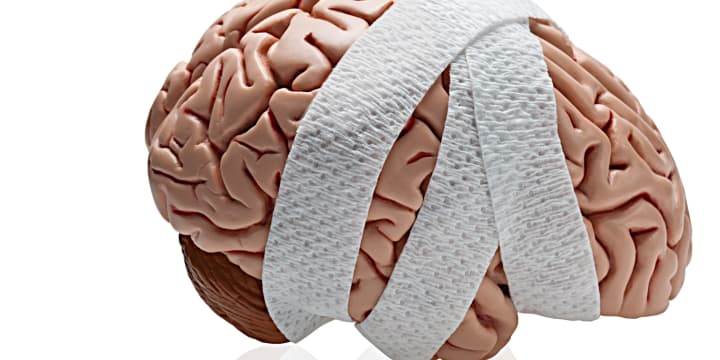
Only those who are deeply depressed will commit suicide.
Those with major depression are not as prone to acting on suicidal thoughts as one might think. In fact, people with bipolar disorder are at the highest risk of committing suicide. Those suffering with depression are often plagued with thoughts of death. However, they often lack to motivation to act it out. The difference with bipolar is that, along with fits of depression, patients have fits of mania (another myth not covered in this article is that mania does not mean happy, but elevated). During maniac episodes, people are easily angered and are more motivated to act on a whim. This increases the likelihood of someone attempting suicide. Other disorders, like PTSD (by which 22 war veterans a day commit suicide), are at a high risk of self-harm. Even people without any history of mental illness may attempt suicide. Suicide is a devastating tragedy that can be hard to predict because it can happen to anyone.
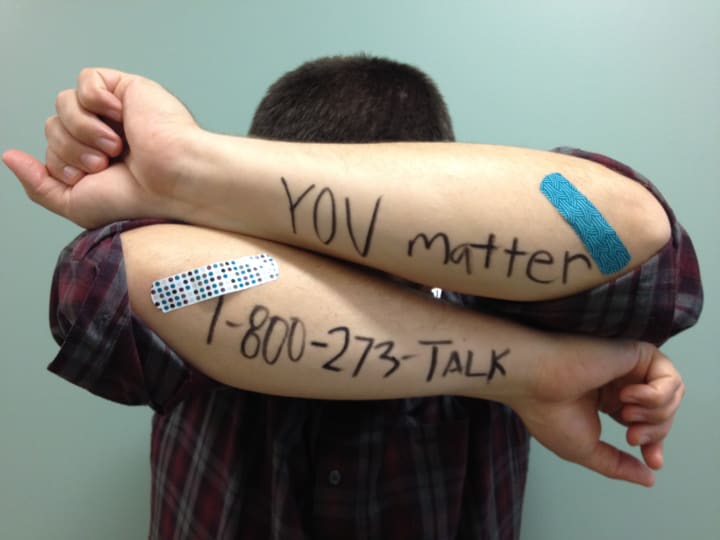
Please call the suicide helpline if you or someone you know is suffering from suicidal thoughts.
About the Creator
Lorraine Woiak
I am a psychology and music major at the University of North Dakota. As a part of the Army ROTC program, I am working towards a career as a military psychologist.



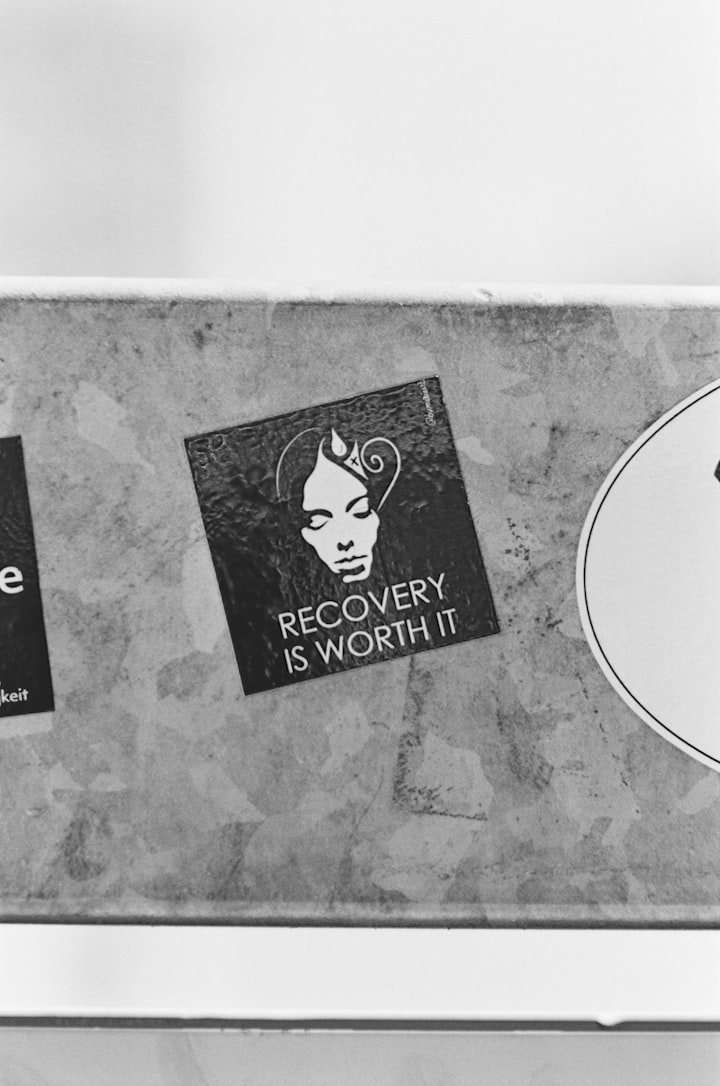

Comments
There are no comments for this story
Be the first to respond and start the conversation.